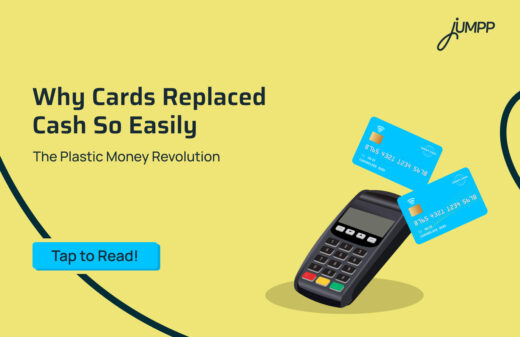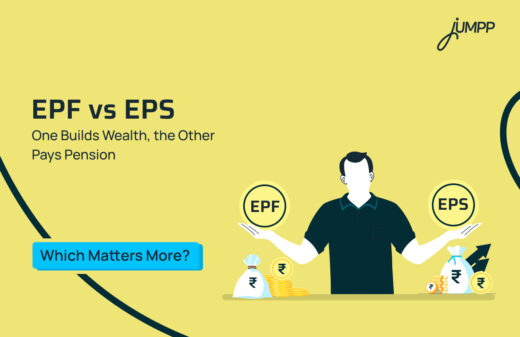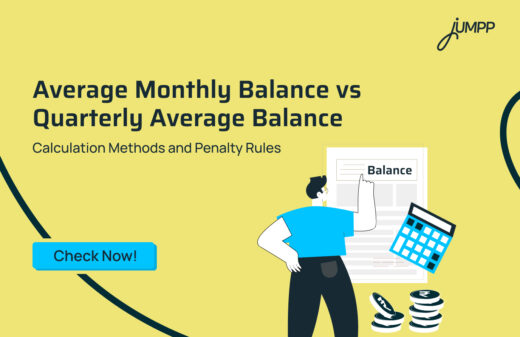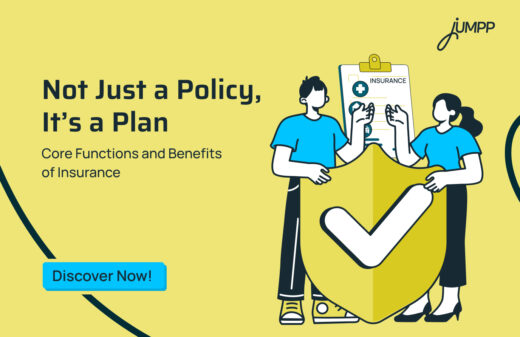Credit Card Meaning: The Basics You Need to Know Before Applying
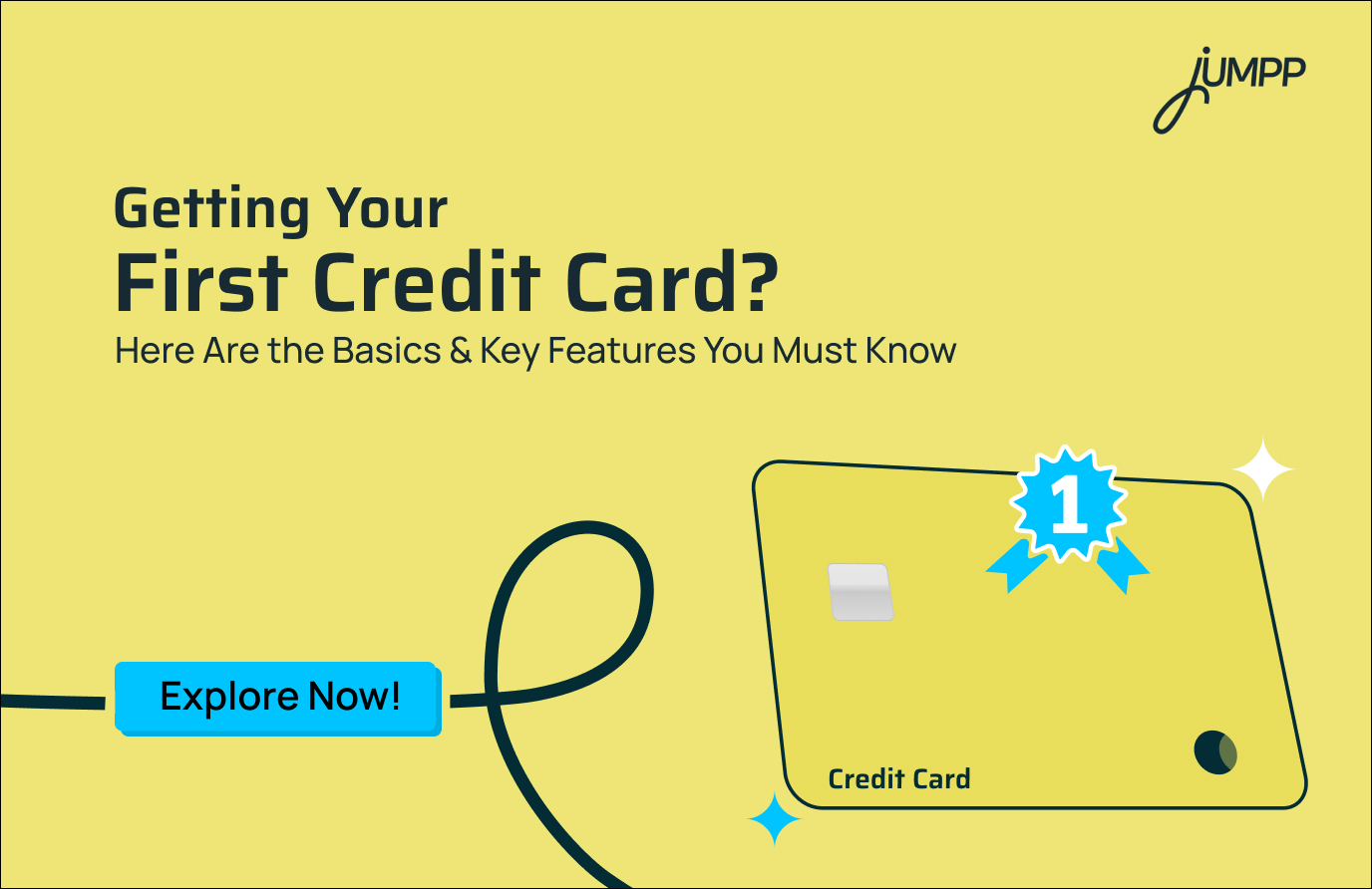
A credit card is a financial tool that allows you to borrow money from a bank or financial institution to make purchases, with the condition that you pay it back later. It is one of the most convenient payment methods today. Credit cards are simplifying online payments to help us track expenses, budget better, and enjoy exclusive rewards, all through a single card.
In this article, we will explore the different types of credit cards and the process of applying for a credit card, both online and offline
What is a Credit Card?
A credit card is a small, plastic or metal card given by banks or financial institutions that lets you borrow money to make purchases.
How does a Credit Card Work?
A credit card works on a borrow-now-pay-later model, where the bank sets a credit limit.
Here’s a simple breakdown of how a credit card works:
- Borrowing Money: When you make a purchase using your credit card, you are borrowing funds from the issuing bank.
- Credit Limit: Each card comes with a predefined spending limit based on your income, credit score, and repayment history.
- Repayment: At the end of each billing cycle, you receive a statement showing your total outstanding balance, the minimum payment due, and the due date.
You can either pay the full amount or a part of it.
- Interest Charges: If you clear your entire outstanding balance before the due date, no interest is charged.
However, if you pay only the minimum amount or delay payment, interest is added to the remaining balance.
- Revolving Credit: Once you repay what you have borrowed, the same credit limit becomes available for use again.
In short, a credit card offers flexibility and convenience, but it demands financial planning and discipline.
Components of a Credit Card
A credit card includes several key components that ensure its functionality and security:
| Feature | Description |
| Card Number | A unique 16-digit number that identifies your credit card. |
| Expiration Date | Indicates the validity period of the card. |
| Cardholder Name | Displays the name of the person authorised to use the card. |
| Bank Identification Number (BIN) | Helps identify the issuing bank. |
| CVV (Card Verification Value) | A three-digit security code that protects against unauthorised transactions. |
| EMV Chip | Provides enhanced security and helps prevent card fraud. |
| Contactless Chip | Allows tap-to-pay transactions for faster payments. |
| Card Network Logo | Shows which payment network (Visa, MasterCard, RuPay, etc.) the card belongs to. |
| Issuing Bank Logo | Displays the bank that has issued the credit card. |
| Hologram | Adds an extra layer of protection against counterfeiting. |
Most credit cards offer a grace period of up to 45 days, during which no interest is charged if the full balance is paid on time, as per recent RBI guidelines.
Credit Card Rules, Charges, and Interest Rates in India
Credit card operations in India are closely monitored by the Reserve Bank of India (RBI) to protect consumers and maintain transparency.
Key RBI regulations include:
- Disclosure of charges: Banks must clearly state all fees, interest rates, and penalties before issuing a card.
- Fair billing practices: RBI mandates transparency in billing cycles, payment due dates, and dispute resolution.
Interest rate guidelines: Credit card interest rates in India usually range from 24% to 36% per annum, applied to any unpaid balance after the due date.
Types of Credit Cards You Need to Know
Here are some of the most common types of credit cards in India:
1. Rewards Credit Cards
These cards give you reward points for every purchase you make. You can redeem these points for cashback, travel and tours, or more.
2. Cashback Credit Cards
With cashback credit cards, you get a percentage of your purchases back as cash. This means you earn a small amount of money with each purchase.
3. Travel Credit Cards
If you love to travel, travel credit cards are made for you. These cards offer travel perks like access to airport lounges and sometimes even travel insurance.
4. Fuel Credit Cards
If you drive often, fuel credit cards can help you jump-start your savings. They offer cashback or discounts on fuel purchases.
5. Business Credit Cards
For business owners, business credit cards offer higher credit limits. These cards help scale up both personal and business expenses efficiently.
Benefits and Importance of Credit Cards
Here are the major benefits of using a credit card:
1. Convenience: You can make payments easily without carrying cash. Whether you are shopping online, in a store, or travelling, a credit card gives you a quick and safe way to pay.
2. Earn Rewards: Every time you use your card, you can earn cashback, reward points, or discounts. It is a simple way to save while you spend.
3. Instant Access to Funds: In an emergency, you can use your credit card to access funds immediately when you do not have cash on hand.
4. Build Credit Score: Using your card responsibly and paying bills on time helps you build a strong credit history. This makes it easier to get loans or better credit offers in the future.
5. Purchase Protection: Many credit cards offer extra protection, such as coverage for fraud, extended warranties, or price protection on purchases.
6. Budget and Expense Tracking: You can easily track your spending with monthly statements and mobile banking apps, helping you plan your budget better.
7. Flexible EMI Options: You can convert large purchases like a refrigerator or a phone into easy monthly instalments instead of paying all at once.
8. Special Offers and Discounts: You can enjoy exclusive deals on shopping, travel, dining, and entertainment, helping you get more value from your spending.
9. Interest-Free Period: Most cards offer up to 45 to 60 days of interest-free credit if you pay your bill in full on time. This lets you spend smartly without paying extra interest.
Disadvantages of Credit Cards
While credit cards offer convenience and flexibility, they also come with certain drawbacks that every user should be aware of.
1. High Interest Rates: If you do not pay your full outstanding balance on time, the remaining amount starts accruing interest, which can be as high as 24 to 36 percent annually.
To avoid this, you must always pay your dues in full before the due date.
2. Hidden Fees and Charges: Many cards include additional costs such as joining fees, annual fees, renewal fees, or late payment charges.
You should always review the terms and conditions before applying for a credit card to understand all applicable fees.
3. Impact on Credit Score: Missing payments or consistently paying only the minimum amount can lower your credit score and reduce your credit limit.
You need to remember to always pay on time and maintain a low credit utilisation ratio to protect your score.
4. Overspending Risk: Since credit cards allow deferred payments, users may sometimes spend more than they can afford.
Always keep track of your monthly spending through statements or mobile apps to stay within budget. Try the best expense tracker app now!
5. Risk of Fraud: Credit card fraud can still occur through stolen information or phishing scams.
You need to regularly monitor your statements and report any suspicious transactions immediately to your bank.
How to Apply for a Credit Card in India (2025 Update)
Now, major banks offer instant online approval through e-KYC and video KYC verification.
Online Application Process (Instant Approval Trend)
1. Check Eligibility and Choose a Card:
You can visit the official website of leading banks such as HDFC Bank, ICICI Bank, SBI, or other financial platforms. Compare available cards and check eligibility based on age, income, and credit score.
2. Fill the Online Form:
Click on “Apply Now” and complete the digital application form with your details, such as name, contact information, PAN, Aadhaar number, and income.
3. Complete Digital KYC Verification:
- Aadhaar-based e-KYC: Confirm your identity using your Aadhaar details and the OTP sent to your registered mobile number.
- Video KYC (VKYC): If required, a bank official will verify your identity via video call. You will be asked to show your PAN card and supporting documents for real-time AI-enabled verification.
4. Upload Supporting Documents:
Upload scanned copies of documents such as salary slips, income proof, or bank statements for verification.
5. Submit and Await Decision:
Review the application and submit it. Most banks now use automated systems to provide instant approval decisions within minutes.
6. Receive Virtual Card Access:
Once approved, you can instantly access a virtual credit card for online purchases while waiting for the physical card to arrive by post within a few days.
Offline Application Process
| Step | Process |
| 1. Meet Eligibility Criteria | Age: Must be between 18 and 65 years old. Income: Should have a stable source of income. Most banks require a minimum monthly salary of around ₹20,000 for basic cards. Credit Score: A score of 750 or above improves your chances of approval. |
| 2. Gather Necessary Documents | Proof of Identity: Aadhaar Card, PAN Card, Voter ID, Driving Licence, or Passport. Proof of Address: Aadhaar Card, Passport, or recent utility bill. Proof of Income: Latest salary slips or Income Tax Returns (ITR). Other Documents: Passport-sized photographs. |
| 3. Choose and Apply for a Credit Card | Select a Card: Compare different cards based on your spending habits, such as shopping, travel, or fuel. Apply: Fill out the bank’s online/offline application form with your personal, employment, and income details. |
| 4. Get Your Card | Approval: Once verified, the bank approves your application. Card Delivery: The physical card is sent to your address. Activation: Follow the activation instructions received with your card to start using it. |
How to Use Credit Cards Wisely
Here are a few simple ways to manage your credit card smartly:
1. Pay on Time: Always pay your bill before the due date to avoid late fees and high interest charges. Setting reminders or enabling auto-pay can help you stay consistent.
2. Pay More Than the Minimum: Paying only the minimum amount leads to growing interest on the remaining balance. Try to clear the full amount whenever possible.
3. Spend Within Your Means: Do not use your full credit limit just because it is available. Spend only what you can comfortably repay when the bill arrives.
4. Monitor Your Spending: Review your statements regularly or check your bank’s mobile app to track purchases and detect any unauthorised transactions.
5. Use Rewards Smartly: Enjoy cashback and reward points on genuine expenses, but avoid unnecessary purchases just to earn extra rewards.
6. Check Your CIBIL Score Regularly: Your credit score reflects how responsibly you use credit. Monitoring it often helps you understand your credit health and improve it if needed.
7. Treat It Like a Debit Card: Use your credit card for planned expenses and spend only what you can repay in full. This habit keeps your finances balanced and interest-free.
Conclusion
Understanding the credit card meaning goes beyond simply knowing it is a card that lets you borrow money. It is about learning how to use it as a smart financial tool that offers convenience, rewards, and flexibility when managed responsibly.
Credit cards can help you build a strong credit history, earn cashback, and make purchases easily, but they also require discipline. Paying bills on time, monitoring expenses, and avoiding unnecessary debt are key to using a credit card effectively.
Apply now for your favourite credit card with the best savings app in India!
Credit Card : FAQs
As per the latest data shared by RBI in Dec 2024, HDFC Bank is the largest credit card issuer in India with a recent record number of 23145038 credit cards.
A credit card lets you borrow money from a bank to make purchases and pay later. It comes with a credit limit and interest if not paid on time.
A credit card allows you to make purchases now and pay for them later, either in full or through monthly instalments.
A debit card uses your own money from your bank account. However, with a credit card, you can borrow money up to a certain limit.
You can check your credit card limit by logging into your bank’s online portal or calling their customer service.
EMI is better if you want to pay for purchases in easy monthly instalments, while a credit card is useful for flexible payments.
Credit cards offer convenience, rewards, build your credit score, fraud protection, and interest-free periods.
Credit card EMI is an option that allows you to convert your credit card purchases into easy monthly payments with interest.
Pay your full balance on time each month to avoid interest and maintain financial discipline. Use your card only for purchases you can repay easily and stay within your credit limit.
Keep your credit utilisation below 30 percent of your total limit to show responsible use. Always make full, on-time payments to build a strong and consistent credit history.
Source- https://www.rbi.org.in/



